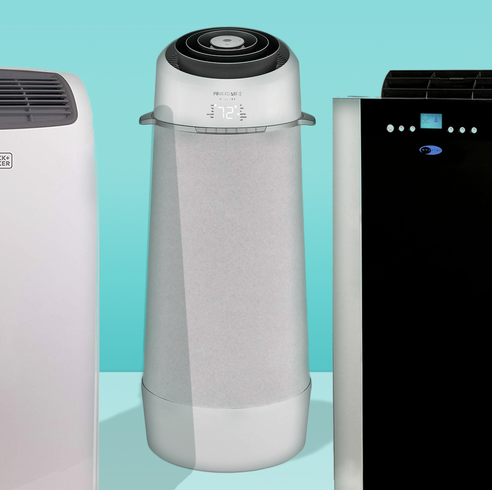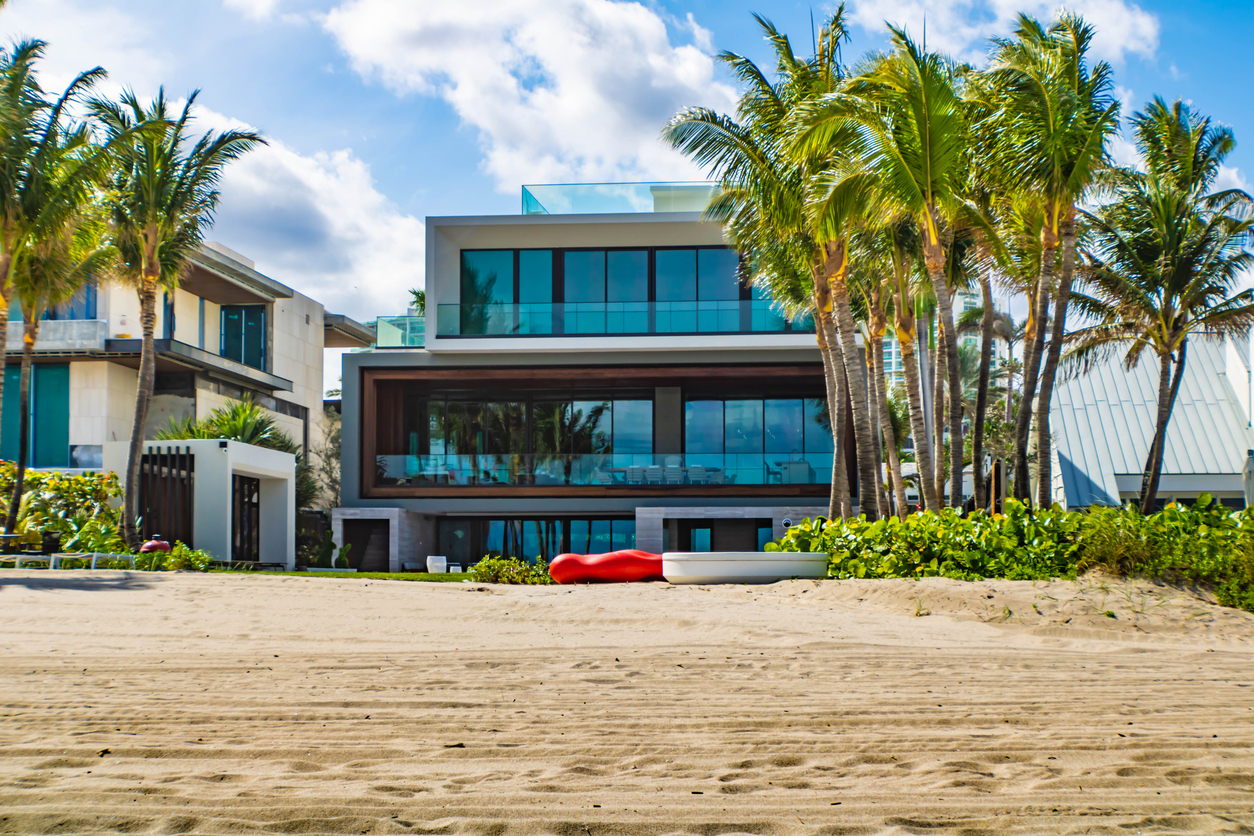Finding the Right Portable Air Conditioner in Nigeria – What You Need to Know
Finding the Right Portable Air Conditioner in Nigeria – What You Need to Know
It’s no secret that the weather in Nigeria can be a bit extreme at times. For those living in hotter climates, a portable air conditioner can be a lifesaver, allowing you to stay cool in the heat. However, with so many options available, it can be difficult to know which one is right for you. That’s why it’s important to take the time to research the features, benefits, and prices of different products to find the best one for your needs. This guide will provide you with all the information you need to know when it comes to finding the right portable air conditioner in Nigeria, including the types available, features to look for, and tips for getting the best deal. With the right knowledge, you’ll be able to make an informed decision and get the perfect air conditioner for your home.
Overview of Portable Air Conditioners in Nigeria
Air conditioners help control the temperature in your home or business by removing hot air from the room and replacing it with cool air. There are two main types of air conditioners available on the market today: portable air conditioners and central air conditioners. Portable air conditioners are best for small spaces, such as a bedroom or office. They are considered temporary cooling solutions, as they must be moved as the seasons change. Central air conditioners, on the other hand, are designed for larger areas, such as a home or office. As the name suggests, these models cool the whole space, including the walls, ceilings, and floors. They are a more permanent solution and are more efficient when cooling a large space.
Types of Portable Air Conditioners in Nigeria
Portable air conditioners are often categorized into two main types: window-mounted and wall-mounted. Each type has its own set of benefits and drawbacks, so it’s important to evaluate your needs before making a purchase. Window-mounted air conditioners are generally smaller and more affordable than wall-mounted air conditioners, making them a good option for smaller spaces. However, since the unit is installed in the window, it can be difficult to install. Wall-mounted air conditioners are larger than window-mounted units and can cool larger areas. They are easier to install than window-mounted units, but are more expensive.
Features to Look for in a Portable Air Conditioner
When shopping for a portable air conditioner, there are several features to keep in mind. These include the dimensions of the unit, the BTU (energy) rating, the HSPF rating, the cooling capacity, the noise level, the installation type, the fan speed, the type of filter, and the warranty. The dimensions of the unit are important because they will help you determine the best place to install the air conditioner. The BTU (energy) rating is important because it determines the power of the unit. The higher the BTU rating, the more powerful the unit. The HSPF rating is a measure of how well the unit filters the air. The cooling capacity is how much space the unit can cool, with a higher rating allowing it to cool larger areas. The noise level is helpful to know because you’ll want to make sure it’s not too loud, especially if you plan on using the unit at night. The installation type determines how the unit is installed, such as through a window or wall. The fan speed and type of filter are helpful to know because they can affect the unit’s performance. Finally, the warranty can help protect you in case anything goes wrong with the unit.
Tips for Purchasing a Portable Air Conditioner
When purchasing a portable air conditioner, there are several things you should keep in mind. First, determine the size of the room you plan to cool. Next, determine how much power you need, as smaller rooms will require less power. Finally, determine the cost of each unit you’re interested in, as this will help you determine which one is best for your needs. It’s also important to note that not all air conditioners are created equally, so be sure to shop around to find the best one for you. You can also ask friends or family members for recommendations, as this can be helpful when trying to find the right product for your needs. Finally, it’s important to keep in mind that portable air conditioners are not designed for year-round use, so you’ll want to replace the unit with a central air conditioner when the temperatures drop.
Benefits of Owning a Portable Air Conditioner
Portable air conditioners offer several benefits, including reduced energy costs, ease of use, and being able to cool large areas. They are an excellent option if you are looking to reduce your energy costs, particularly during the warmer months. This is because they use less energy than a traditional air conditioner, making them a great solution for high-energy-cost seasons. They are also easy to use, making them perfect for those who struggle to operate other types of air conditioners. They are also well-suited to cool large areas, making them an excellent choice for larger buildings and offices.
Advantages of Renting a Portable Air Conditioner
Renting a portable air conditioner is a great way to cool your home without having to make a large investment. This type of rental requires a down payment and weekly payments thereafter, but is often much less expensive than purchasing a new unit. You can also choose from a variety of models, so you can choose the one that best suits your needs. Finally, you have the option to return the unit at any time, making it easy to end your rental whenever you’d like.
Portable Air Conditioner Maintenance Tips
To get the most out of your portable air conditioner, it is important to perform routine maintenance on the unit. This includes changing the filters at least once a month, cleaning the exterior of the unit once a month, and draining the water collected in the drip pan every two weeks. It is also helpful to follow a few safety tips when using your unit, such as keeping it away from flammable materials, keeping the doors and windows open while the unit is in use, and keeping it away from small children.








LEAVE A COMMENT
You must be logged in to post a comment.